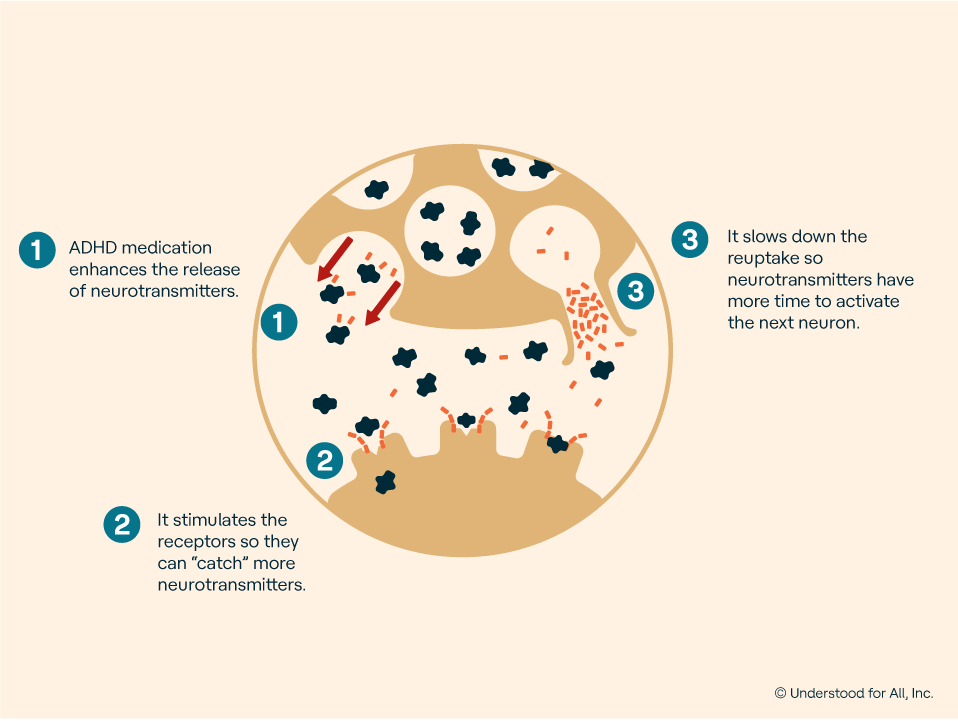Personalized Depression Treatment for Balanced Mental Health
Wiki Article
Your Guide to Finding the Right ADHD Therapy for Long-term Outcomes
Browsing the intricacies of ADHD treatment calls for a nuanced understanding of both the problem and the myriad options available for efficient monitoring. It is necessary to recognize that what works for one person might not always generate the exact same outcomes for one more. Hence, a customized approach-- incorporating professional support, medication, behavioral methods, and lifestyle adjustments-- comes to be critical. Nevertheless, the journey towards recognizing one of the most ideal treatment strategy can be filled with obstacles. What are the essential variables that influence successful end results, and exactly how can individuals guarantee they are on the best path?Recognizing ADHD and Its Impact

In grownups, ADHD can bring about difficulties in workplace environments, affecting productivity, time administration, and social connections. Commonly, undiagnosed or poorly managed ADHD can add to co-occurring mental health issues, such as stress and anxiety and depression, more complicating a person's total well-being.
The societal understanding of ADHD can differ, resulting in preconception and misunderstanding, which might hinder individuals from seeking assistance. As awareness expands, it is essential to promote an environment that advertises understanding and assistance for those impacted by ADHD, highlighting the need for accurate medical diagnosis and customized approaches to reduce its impact on daily life.
Introduction of Treatment Options
A comprehensive strategy to treating ADHD includes a range of choices customized to the individual's distinct needs. These options can broadly be classified right into behavior treatments, psychoeducation, and way of living alterations, along with pharmacological treatments that might be checked out later on.Behavior interventions, such as cognitive-behavioral treatment (CBT), concentrate on modifying particular behaviors and creating coping methods to manage signs and symptoms efficiently. Psychoeducation plays an important role in equipping both individuals and their family members by giving info about ADHD, its difficulties, and efficient approaches for assistance.
Lifestyle alterations can significantly influence ADHD management. Regular physical task, a well balanced diet regimen, and adequate rest add to general health and symptom control. Mindfulness practices and leisure strategies can likewise enhance focus and lower impulsivity.
Support system and family treatment can promote a feeling of neighborhood and understanding, helping individuals feel less isolated in their experiences. Each treatment option must be taken into consideration along with the individual's preferences and circumstances, making sure an all natural approach that advertises lasting success. Eventually, the objective is to create a tailored therapy plan that deals with the particular challenges related to ADHD while enhancing overall lifestyle.
Medicine: Pros and Disadvantages
Medication plays an essential role in the therapy of ADHD, with many alternatives important link offered that can dramatically alleviate symptoms for several individuals. Energizers, such as methylphenidate and amphetamines, are typically prescribed and have shown effectiveness in boosting emphasis, decreasing impulsivity, and improving total habits. These drugs function by substance abuse and behavioral disorder counselors enhancing dopamine and norepinephrine degrees in the brain, which are typically dysregulated in those with ADHD.Some people might experience side impacts, including sleeping disorders, decreased appetite, or raised anxiety. In addition, not all clients respond to energizer medicines, leading some to discover non-stimulant choices, which might have a delayed beginning of action or various side impacts.
It is essential for people and their family members to weigh these benefits and drawbacks very carefully. Stabilizing the benefits of signs and symptom management against potential side effects is vital for attaining ideal therapy outcomes. Collaboration with healthcare service providers can assist in enlightened decisions, guaranteeing that medication belongs to an extensive ADHD monitoring strategy.
Behavior Modification Strategies

One typically used technique is Cognitive Behavior Therapy (CBT), which assists people identify and alter negative idea patterns that add to ADHD-related obstacles. Therapist for ADHD. Via CBT, customers learn to establish realistic goals, handle time effectively, and develop organizational systems
One more efficient strategy is Parent Monitoring Training (PMT), which educates moms and dads on exactly how to strengthen favorable habits and reduce negative ones through constant discipline and communication strategies. This technique fosters a helpful home environment that urges behavioral enhancements.
Social abilities training is likewise integral, helping people with ADHD browse social communications more effectively. Role-playing and modeling proper actions can boost social skills and lower anxiety in social circumstances.
Lifestyle Modifications for Better Management
How can way of living adjustments significantly boost the management of ADHD symptoms? Applying critical way of living modifications can result in substantial enhancements in emphasis, organization, and emotional regulation for people with ADHD.
First of all, developing a structured daily regimen assists in creating predictability, which can minimize feelings of bewilder. Consistent routines for meals, research study, and rest can improve everyday functioning.
Integrating regular exercise is likewise critical, as exercise has actually been shown to increase dopamine levels, improving attention and tdcs depression inspiration (Therapist for ADHD). Intending for at the very least half an hour of moderate exercise most days can be useful
Nutrition plays an essential duty. A well balanced diet abundant in omega-3 fatty acids, whole grains, and protein can support cognitive function. Restricting refined sugars and high levels of caffeine might decrease signs, as these can bring about power crashes and irritability.
Verdict
In final thought, finding the right ADHD therapy requires a diverse technique that considers private needs and choices. A mix of medication, behavior modification, and way of living adjustments can substantially improve signs and symptom management and total wellness. Participating in psychoeducation and establishing organized regimens further supports efficient treatment approaches. Partnership with medical care specialists and open interaction with assistance networks are vital components in browsing the complexities of ADHD administration, eventually leading to enduring outcomes and enhanced high quality of life.Report this wiki page